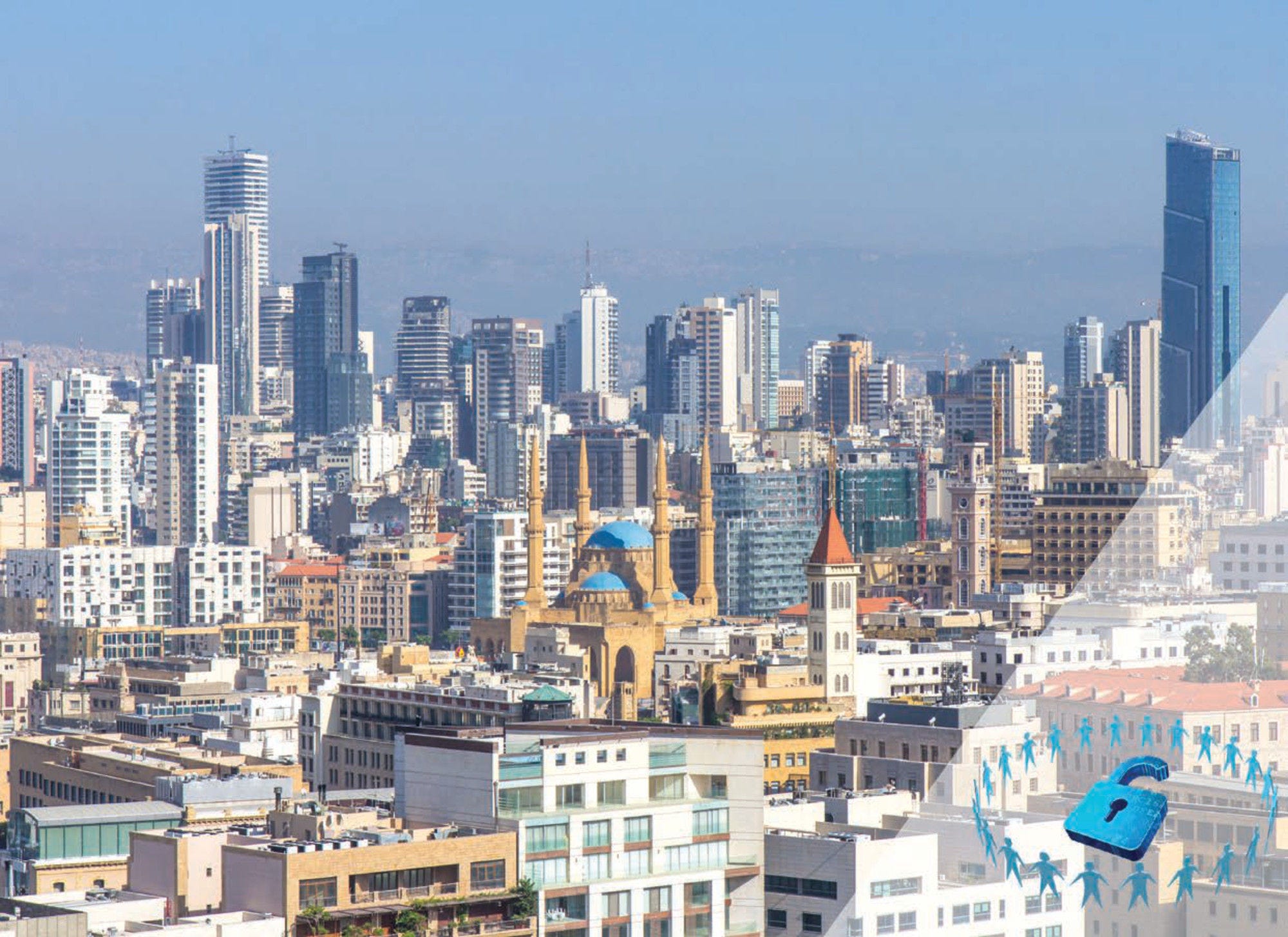The “Open Government Scan of Lebanon” was prepared by the OECD Directorate for Public Governance (GOV), under the leadership of its Acting Director, Janos Bertok.
The study was produced by GOV’s Open and Innovative Government Division (OIG), under the supervision of Alessandro Bellantoni, Acting Head of the OIG Division and Head of the Open Government Unit.
The report was drafted by Alessandro Bellantoni, Katharina Zuegel and Claudia Chwalisz, with contributions from Carlotta Alfonsi, Karine Badr, Michael Jelenic and João Vasconselos.
This project would not have been possible without the support of the Office of the Minister of State for Administrative Reform (OMSAR) of Lebanon, and benefited greatly from the assistance of Nasser Israoui, Natacha Sarkis and May Baaklini. The OECD wishes to acknowledge the co-operation and support of the current Minister of State for Administrative Reform, Demyanos Kattar, as well as the former Minister of State for Administrative Reform, May Chidiac, in addition to the important contributions provided by the many stakeholders from the public and private sector, as well as the parliament and non-governmental organisations, during the peer review mission conducted between 17 and 19 September 2019.1 In this regard, the OECD wishes to thank peers from Canada and Italy, namely Sarah MacLeod (Office of the Chief Information Officer, Treasury Board of Canada Secretariat) and Marco Marrazza (Presidency of Council of Ministers, Department for Public Administration).
The OECD is also grateful for the co-operation and support of Mayor Habib Moujaes, Nisrine Ataya Bou Zeid, and their colleagues in the Shweir council and administration, as well as Mayor Wissam Zaarour, Emily Bouchrouch, and their colleagues in the Byblos council and administration. The OECD would also like to thank Jacques Pongée (Brussels Parliament), Marcin Gerwin (Center for Climate Assemblies, Poland) and Dimitri Lemaire (Particitiz, Belgium) for their time and expertise devoted to the expert workshop on innovative citizen participation.
Finally, the OECD wishes to thank the Italian Ministry of Foreign Affairs and International Co-operation and the Italian Agency for Development Co-operation for the support they have provided throughout the project.
